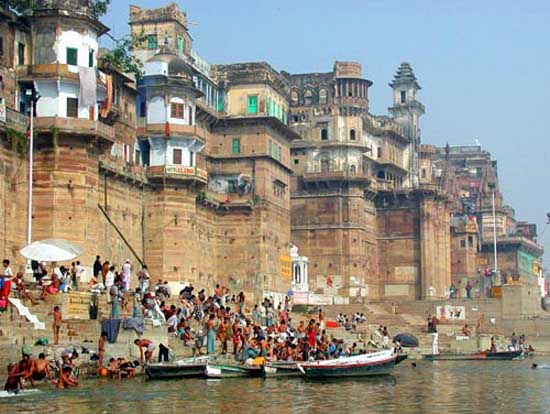
Iran RPCV Richard Eaton defends "in Beyond Turk and Hindu"
Sermons At The Temple Of Ignorance
Mughlai Paranthas
I was dismayed that your reviewer seemed to think that I had "rationalised" or "justified" instances of temple desecration in Indian history (Balbir Punj?s review, Books, Apr 5). If I had left that impression, then perhaps the fault is mine for not clarifying the intent of my essay (in Beyond Turk and Hindu). Historians try to explain, not justify, past events or processes. They're trained how to ask questions, frame issues, hunt down sources, weigh the evidence, and apply rules of logic in order to establish matters like chronology, motivation, or causation. Above all, they endeavour to place past events in their unique time and place, and to see them as having grown out of conditions particular to that context. In this way, they hope to learn why the past worked out in the particular way it did?why something happened here, but not there; why it happened now, but not then. By contrast, some see the world as a b&w moral drama, filled with winners and losers, heroes and villains, oppressors and victims. In this view, the past becomes a screen on to which this drama is projected. One then takes sides, becoming either a cheerleader for the heroes or a prosecutor for the villains. At this point the study of history ceases being a dispassionate search for understanding, and becomes instead a shouting match ("my people were greater victims/ heroes than your people," etc). At its worst, this sort of thinking can lead to the dangerous notion that the wrongs of the past can and should be "corrected", and that the way to do this is to meddle with the present. Regrettably, this seems to be the position of V.S. Naipaul, who would have Indians find ways to "balance" the past. But by what calculus can we reach a state of final and permanent balance? Whose past is to be balanced first? Which part of their history are we going to balance? And who then balances the excesses of an overzealous balancer? Especially those backed by state power? We?re all descended from oppressors and victims alike. Plenty of them.
Richard M. Eaton, on e-mail
